Was the Dingo Born to Be Wild?
Burial remains from 800-2,000 years ago hint that the First Australians may have kept the continent’s famous canine species as pets.
By

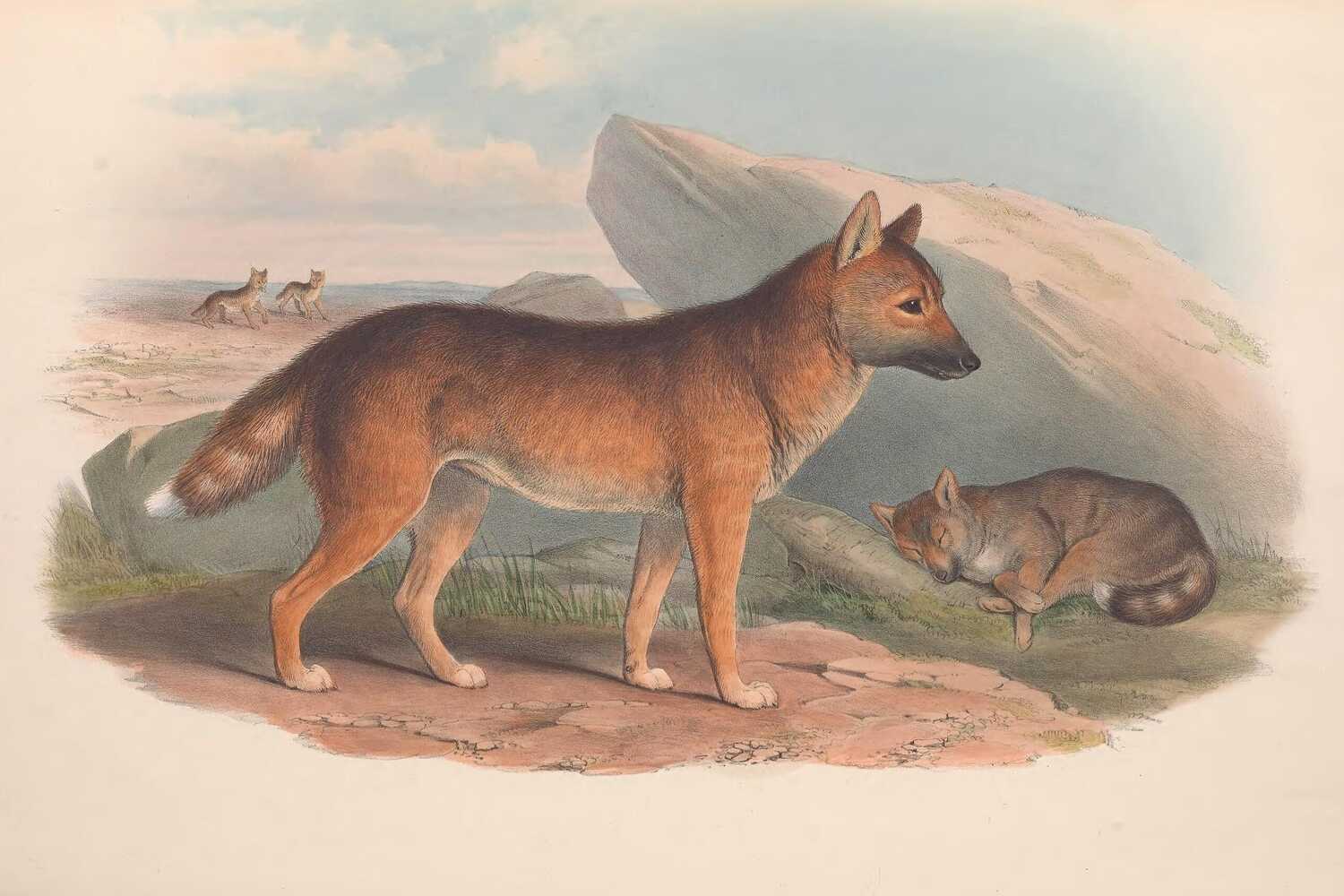
Advertisement
Burial remains from 800-2,000 years ago hint that the First Australians may have kept the continent’s famous canine species as pets.
By


Matthew Desmond takes you to a shelter designed with residents in mind.
By Matthew Desmond and
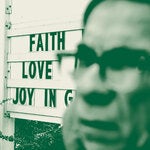
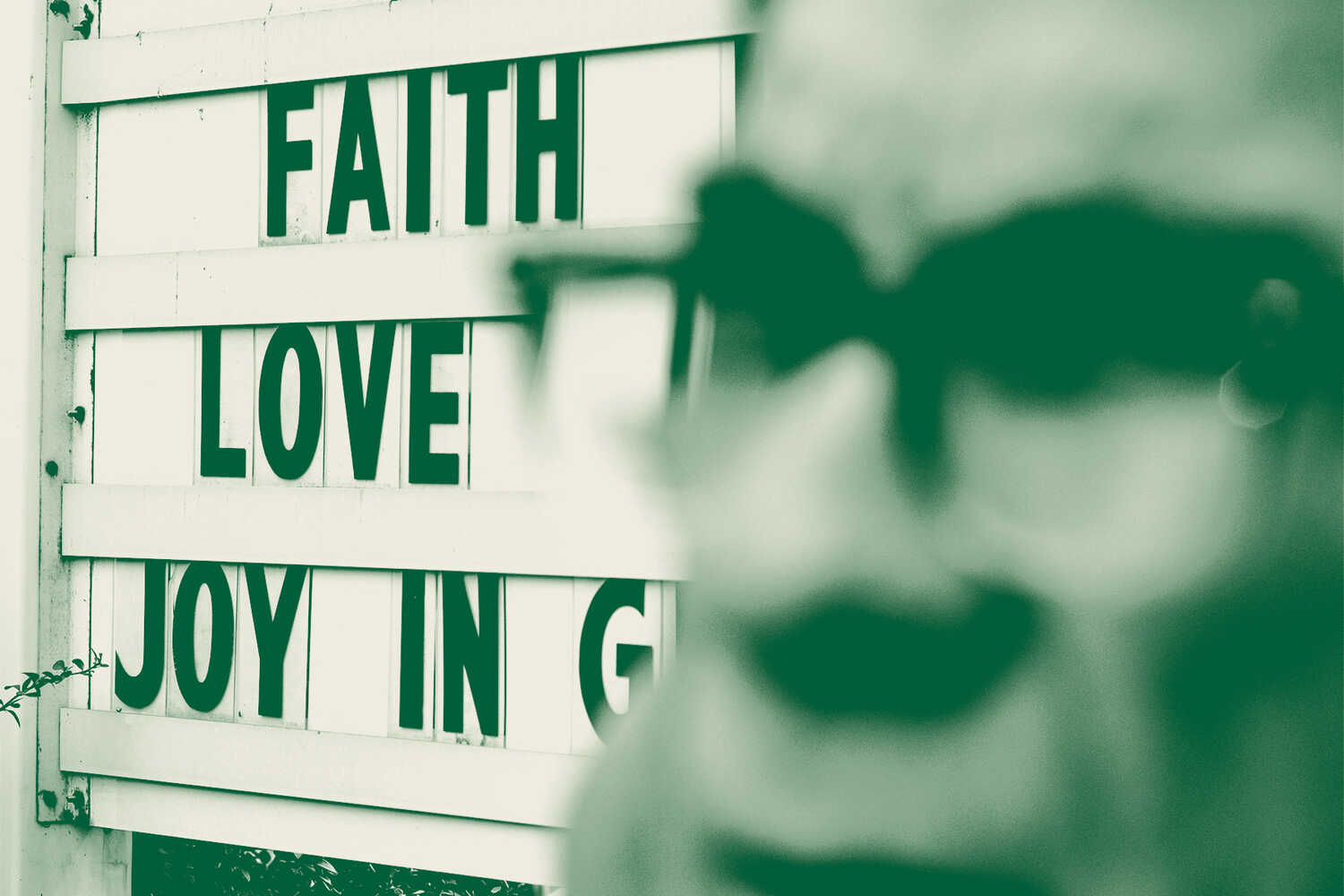
In South Korea, it’s common for friends to form what are known as gyemoim to save for vacations, meals and other social activities.
By

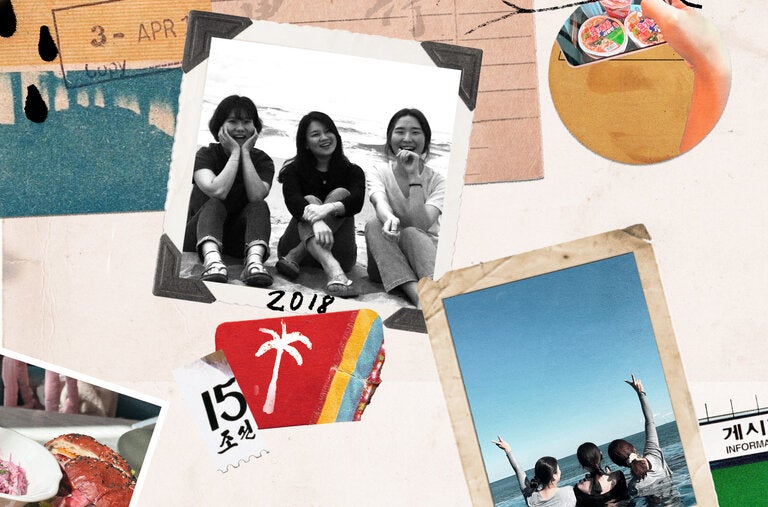
Thousand-year-old DNA from Chichén Itzá offers eye-opening details of the religious rituals of ancient Maya.
By


Advertisement
Beyoncé Asks, and Answers, a Crucial Question in Her Latest Album
Beyoncé singing country music in this political climate was always going to cause a stir.
By
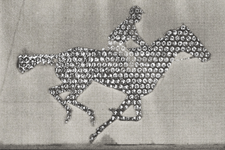
Who Would Want to Go to a College Like This?
The national debate about so-called woke campuses does not reflect what most college students care about.
By

Her special is a harbinger of how the weight-loss industry is rebranding: Obesity is a disease, and — for the first time — it’s not your fault.
By

The Claudine Gay Debacle Was Never About Merit
Merit, itself, cannot be defined. That is why the concept is so useful for slippery slopes.
By
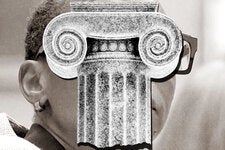
This Economy Has Bigger Problems Than ‘Bad Vibes’
The act of working needs to become more affordable and accessible.
By

Can I Say I Have Tourette’s Without Being Formally Diagnosed?
The magazine’s Ethicist columnist on self-identification.
By
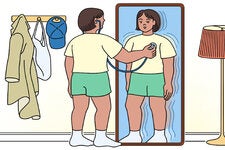
My Mom Failed to Warn Me About an Abuser. Should I Tell My Dad?
The magazine’s Ethicist columnist on cycles of abuse and a heartbreaking family secret.
By

Is It OK to Police My Patient’s Financial Choices?
The magazine’s Ethicist columnist on a physician’s bedside manner — and the difference between justifiable concern and judgment.
By

Is It OK to Secretly Medicate Your Manic Husband?
The magazine’s Ethicist columnist on marital deception.
By

My Date Recorded Us Having Sex Without My Consent. Should I Report Them?
The Magazine’s Ethicist columnist on boundaries in friendship and other intimate relationships.
By

Advertisement

The pandemic fueled a boom in social justice movements and indie bookstores. The two come together in these worker-owned shops.
By Claire Wang

Three men of Opinion debate Trump’s appeal.
By Michelle Cottle and Carlos Lozada

Young people, especially, are choosing to read in English even if it is not their first language because they want the covers, and the titles, to match what they see on TikTok and other social media.
By Claire Moses and Elizabeth A. Harris

Bonds between men and women may be eroding when we need them most.
By Nicholas Kristof

For the first time since the Vietnam War, university demonstrations have led to a rethinking of who sets the terms for language in academia.
By Emily Bazelon and Charles Homans

Our society is losing sight of qualities that kept America strong, like responsibility and civility but also the capacity to feel shame.
By Thomas L. Friedman

Many of Harvard’s Generation Z say “sellout” is not an insult.
By Francesca Mari

In a new study, researchers found universal features of songs across many cultures, suggesting that music evolved in our distant ancestors.
By Carl Zimmer

The footprint of gun violence in the U.S. has expanded, as shootings worsened in already suffering neighborhoods and killings spread to new places during the pandemic years.
By Robert Gebeloff, K.K. Rebecca Lai, Eli Murray, Josh Williams and Rebecca Lieberman

New data projects are linking social issues with global warming. Here’s what that means for these New York communities.
By Hilary Howard and Jade Doskow

Mothers have been exhausted since the beginning of time, but some difficulties are specific to the millennial generation.
By Hannah Seligson

Our columnist spent the past month hanging out with 18 A.I. companions. They critiqued his clothes, chatted among themselves and hinted at a very different future.
By Kevin Roose

“Kinkeeping” plays a crucial role in a family’s health and well-being, and it’s still predominantly done by women.
By Danielle Friedman

New research suggests people tend to be lonelier in young adulthood and late life. But experts say it doesn’t have to be that way.
By Christina Caron
Advertisement

In many students’ eyes, the war in Gaza is linked to other issues, such as policing, mistreatment of Indigenous people, racism and the impact of climate change.
By Jeremy W. Peters

Comparing 30,000 years of human history, researchers found that surviving famine, war or climate change helps groups recover more quickly from future shocks.
By Carl Zimmer

Black Americans remain the only racial group with a homeownership rate below 50 percent.
By Adeel Hassan

Never had our culture made the claiming of complaint such an animating force.
By Pamela Paul

A new category of apps promises to relieve parents of drudgery, with an assist from A.I. But a family’s grunt work is more human, and valuable, than it seems.
By Amanda Hess

In her 60s, she set off on a hulking Harley-Davidson and found a new area of anthropological research: bikers, and in particular, female bikers.
By Alex Williams
Advertisement
Advertisement